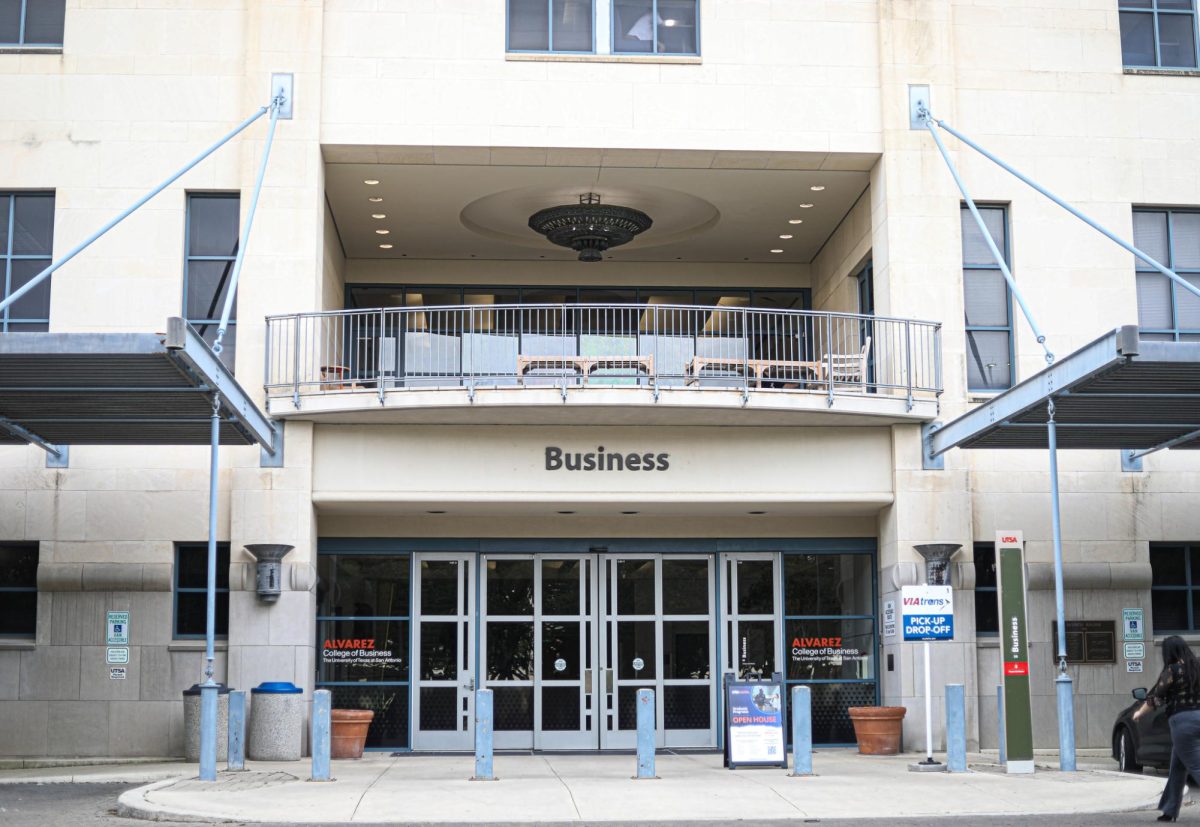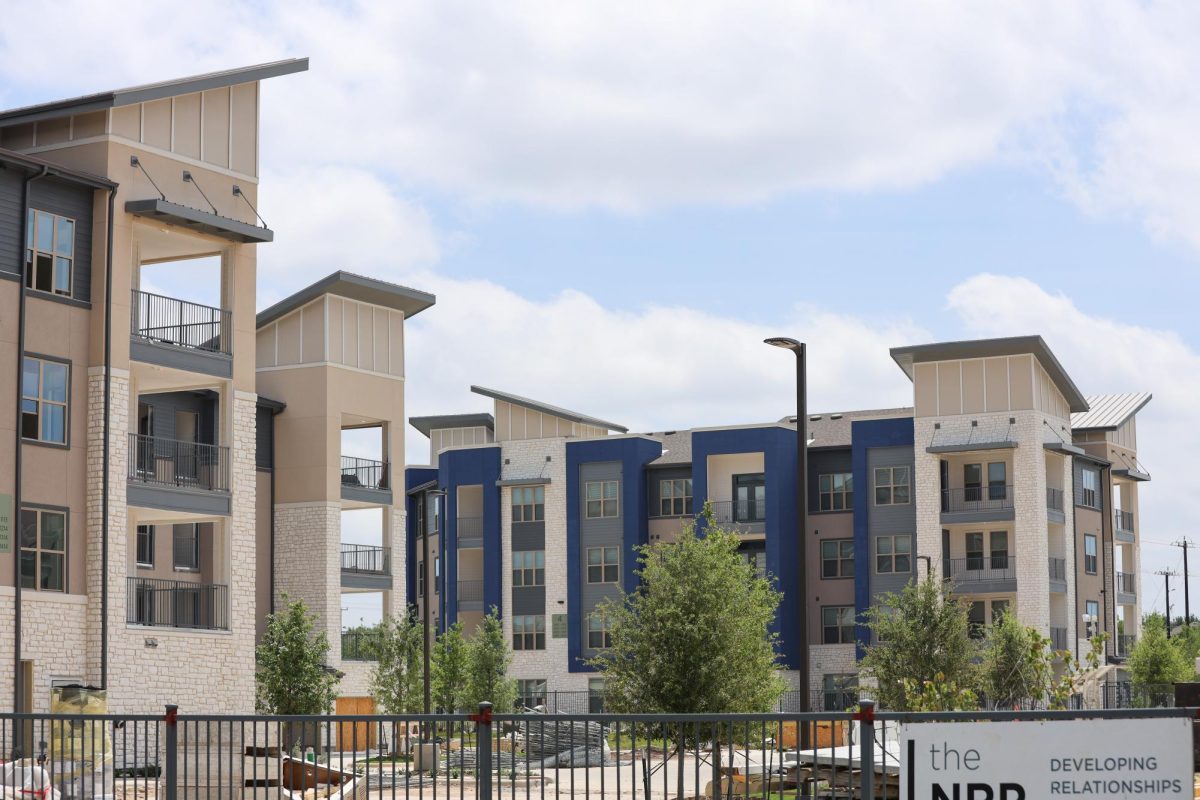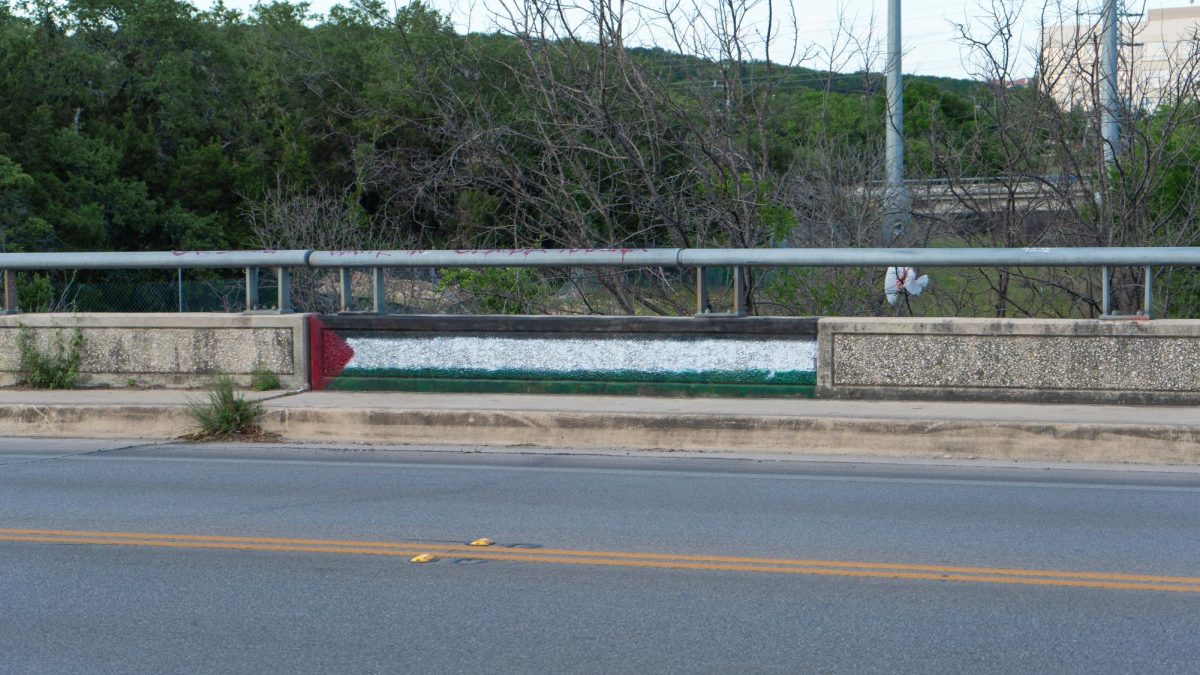Society has reached the dawn of the Cyber Age. Banking, healthcare, education: all of these modern industries use the Internet to allocate their services.
Social media uses the Internet to bring acculturation to anyone with a connection.
UTSA’s College of Education and Human Development hosted “Cyber in Society” to explore what cyber means, and examine the impacts and risks of cyber on technology and society.
“Cyber in Society” was presented by Colonel Cedric Leighton. Colonel Leighton is the Founder and Chairman of Cedric Leighton Associates and Cedric Leighton International Strategies, a D.C. -based global strategic risk and cyber risk consultant company. He also served as the Deputy Training Director for the National Security Agency (NSA), the Squadron Commander for the 316th Training Squadron and the Deputy Director for Warfighter Support and Integration.
Cyber is a term of, relating to, or characteristic of the culture of computers. According to Colonel Leighton, “when we take the term cyber and move it into cyberspace – the interconnection between human beings through computers and telecommunication without regard to physical geography – we can communicate with anyone in the cyber world, which brings us into the Cyber Age – the time in which we live.”
Of course, the impacts of cyber on technology and society are tremendous. Colonel Leighton interprets the number of Internet devices to exceed the human population. According to Google’s Eric Schmidt, five billion people will soon be connected to the Internet. By 2020, seven billion people will use 35-50 billion Internet devices.
The risks of cyber on technology and society are even greater. US Intelligence reports that the cyber threat is number one in its 2016 Global Threat Assessment – the fourth year in a row.
There are several reasons cyber risks are so high. Technically, cyber protection is inadequate – firewalls are breached, anti-virus software is ineffective, and there are ever-increasing data compromises. Colonel Leighton reports that 1 million malware variants are around every day. Nation states and international organizations are losing power, whereas non-state actors – Google, Facebook, cyber criminals, ISIS – are gaining power.
Cyber threats include ‘hacktivists’ such as “Anonymous,” who use computers and computer networks to promote a political agenda; terrorists in cyberspace; and state-sponsored cyber-attacks, such as the cyber-attack on Sony Pictures by North Korea. Cyber-attacks have cost the US at least 500 billion dollars. One example is the Syrian Electronic Army’s hack of AP’s twitter feed. The hack reported a false story of the White House exploding, which resulted in a $136 billion loss in US stock markets.
Colonel Leighton’s call to action is education. In order to prevent catastrophe from arising, Colonel Leighton states, “we have to be very careful to make sure that we understand the types of attack vectors that are out there, that we don’t make them as easy as they are right now and that we make sure to control all the bad actors no matter where they come from, because we cannot afford to let them (cyber threats) win. It is our obligation to make sure that the promise of global connectivity is a promise for good and is a promise that will actually make the world a better place.”












